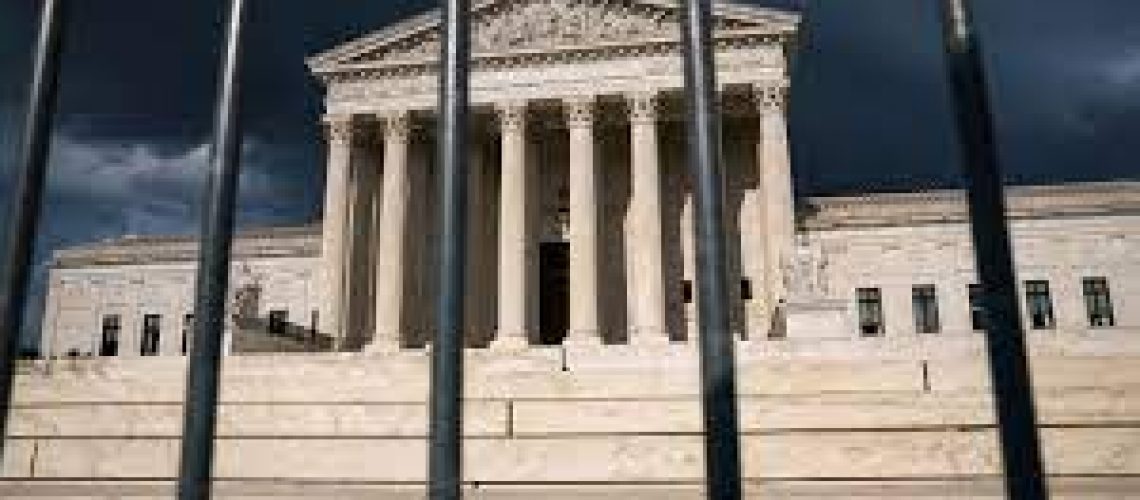[Here is CalNonprofits’ statement on the Court’s opinion:
CalNonprofits filed an amicus brief in this case because we believe the prevention and investigation of fraud helps preserve the public trust in our sector. The opinion today will inevitably reduce public trust in nonprofits in California because it takes away the Attorney General’s ability to ask for an unburdensome disclosure to prevent and investigate fraud and other possible wrong-doings by nonprofits. Although the Court dismisses as irrelevant the fact that the donor disclosure through the Schedule B form was confidential, we continue to believe that this confidentiality requirement protected donors and nonprofits—and our Constitutional right to freedom of association.
With this opinion, we have lost an important means of keeping bad actors from using tax-exempt status to commit harmful and unlawful acts against the public. We are deeply concerned that this unprecedented finding will put a serious damper on the ability of the Attorney General to regulate our sector—to the detriment of the hundreds of thousands of mission-driven nonprofits doing vital work in our communities. Nonprofits are key service providers, employers, and economic drivers in California and nationwide; public trust ensures we have the support and resources we need to play these important roles.]
“While exacting scrutiny does not require that disclosure regimes be the least restrictive means of achieving their ends, it does require that they be narrowly tailored to the government’s asserted interest,” (Justice Roberts) wrote.
There was, however, a “dramatic mismatch” between California’s interest in policing charities and the law’s reporting requirements. Read the NPR Article by Nina Totenberg
